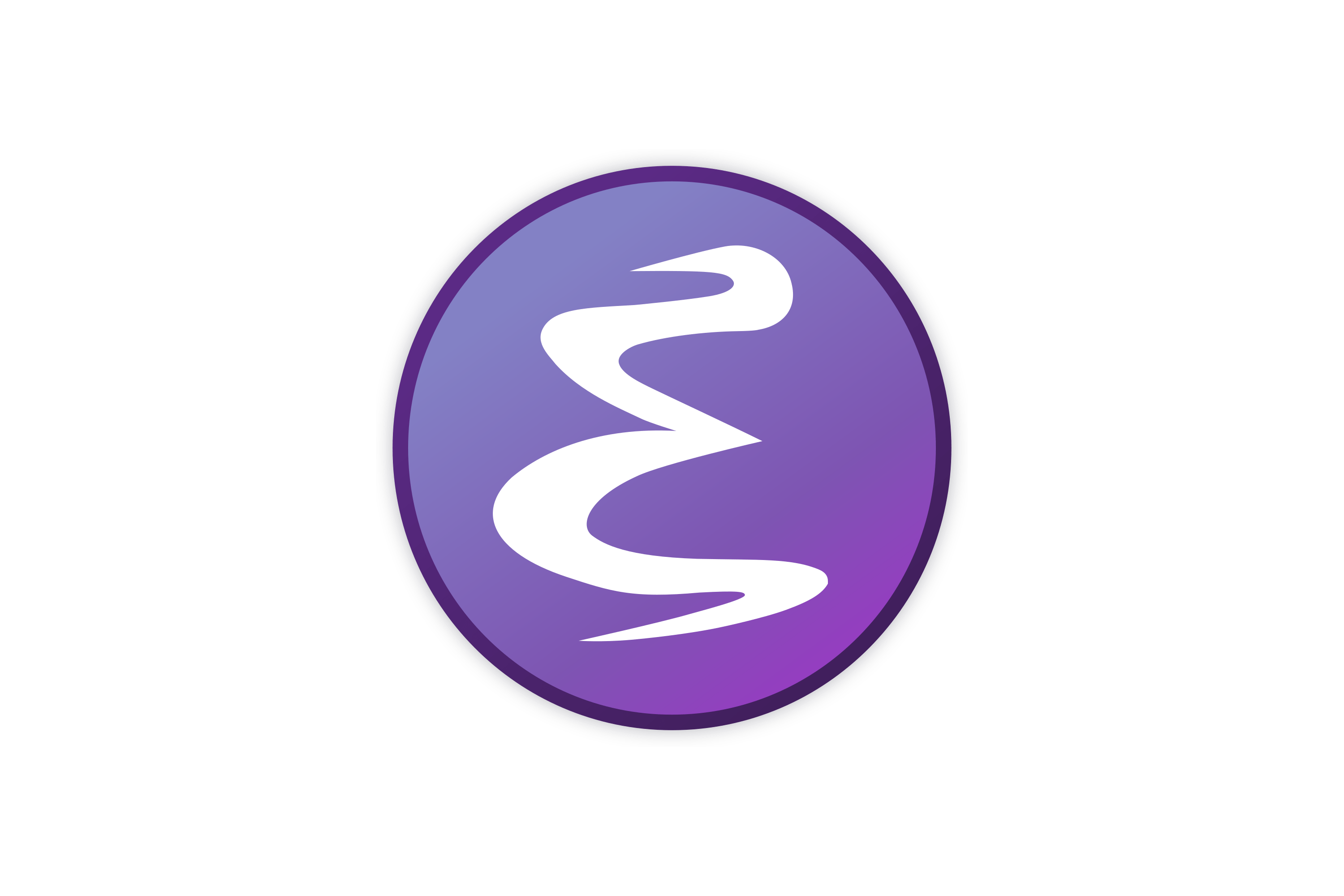FOSS or otherwise
I used to use neovim for a while, the main reason I migrated to helix was because it just has everything built in, no need to spend hours getting lsps working and everything
The motions are vastly better than vim though imo, the select as you go thing makes it feel a lot more natural
(For example, w moves you to the end of the word and selects it, then pressing it again deselects and selects the next word unless you're in v mode)
Meaning to delete a word it's w+d not d+w
Also very good multi cursor support, instead of typing out a long sed command I can select a block or all, and do S,(regex) and it spawns a cursor on every match which can do everything the normal one can
As for it being everywhere have you ever used sshfs? It's always my go-to when editing projects on a remote server and then you can use whatever you want
A compiler. I mean, yeah, I guess I could go back to writing asm, but I really don’t want to.
asm? ha! back in my day we were hammering ones and zeros into clay tablets.
On Android, it's probably a little utility software called Quick Cursor (it's not FOSS). It's incredibly convenient being able to spawn a cursor on your phone from thin air that you can use to reach the "unreachable" portions of your screen, especially if you are holding your phone with one hand. Besides being a "phone touchpad" it has a bunch of ways of triggering actions/shortcuts, for example: volume or brightness control, launching an app (I use it for launching a floating calculator, notes...), opening notification shade, copying text (it can copy any text that is under the cursor, even if it's not selectable)...
It's not that I couldn't go without it, but it changed the way I use my phone and it would feel really weird without it. It feels like it should be a part of the OS.
I'm bored so I'm just going to make a list:
-
Lightroom Classic (I've tried Darktable, just not for me. I take a lot of photos on my DSLR and I've been using Lightroom since 2015 so for me it's worth eating the awful monthly subscription that I split with someone else.)
-
Anki (flashcard app, very popular among med school students and folks trying to learn new languages. Open source and tons of useful decks available. I've aced plenty of exams thanks to Anki.)
-
Bitwarden (finally caved and got a password manager-- could not be happier)
-
CHIRP (the best for programming handheld, mobile and base station radios)
-
CrystalDiskInfo (great for checking the health of SSDs and HDDs)
-
DaVinci Resolve (love using this for video editing-- pirated copy was easy to find)
-
Deluge (great for torrenting)
-
foobar2000 (I love it for music)
-
Greenshot (useful screencapture software)
-
inSSIDer (great for wifi analysis)
-
IrfanView (very good for photo management)
-
MusicBrainz Picard (amaaaaaaaaazing god tier music management software to get all the correct metadata/album art)
-
reWASD ($7 but it's so good for no BS macro'ing of keyboard/mouse/gamepad shortcuts and profiles. I have two PCs and two mice + gamepad attached to my PC and this software is very helpful. I think the license is for life.)
-
WizTree (SSD/HDD visualization tool that is useful for figuring out what's taking up too much space on your drive)
Three stages of a passwort manager
Stage 1: I do not need a passwort manager
Stage 2: Maybe I need a password manager
Stage: Why didnt I setup one way earlier???Is there a particular draw for foobar2000? I remember a while back I was looking for a music player and that kept coming up, but I found it underwhelming when trying it. I've been using MusicBee for a long while now, and have found it excellent, so I don't plan on switching, just curious if there's something I'm missing.
-
Emacs, of course!!!
I can not imagine trying to get stuff done without it.
It makes organizing, programming, writing, just everything so much easier.
libreoffice, particularly calc. I keep all my finances and planning in spreadsheets I migrated from excel years ago.
KDE. My brain is hard-wired for Windows, so KDE is intuitive and just gets out of the way.
Vi/Vim - had it on every computer I've owned or used since about 1991.
Termux on Android.
I've got some videos on my phone I might want to watch on random computers, so I serve them up with NGINX. I've got wget-created mirrors of some old websites on my phone, so I serve them up with NGINX. Other files I may want to move out from my phone to untrusted computers on the network can too be served up simply by NGINX.
I've got the full Wikipedia zim file from Kiwix on my Micro SD card, so I run kiwix-serve (behind NGINX).
I've got all the music on my phone, naturally the phone is then running my Navidrome server (behind NGINX).
Of course, I may want to manage this from a computer, so it's running SSH server.
My phone is always connected to VPN and uses NextDNS, naturally I may want to use this with other computers, but I can't install software to computers I don't own (I mean, I can, but ... it would be disliked), naturally it is then running Tiniproxy HTTP proxy server.
Some desktop GUI apps can be useful on a phone too. noaa-apt, Kid3, Audacity, desktop Firefox, Handbrake because I am too dumb for ffmpeg, so I run XFCE DE on it. Naturally, I can access it from a computer (I know) too, after all it's accessed via a VNC server.
Am I stupid enough to expose something using HTTP protocol running on my phone to the internet? Of course I am! I can use cloudflared.
Do I want to encrypt a file? I can use GPG.
Do I want to create a compressed archive? I've got TAr and GZip.
Do I want to browse Gopher? I've got Lynx.
SSH or telnet somewhere? The clients are there.I feel like NGINX is simplest to configure. And it's in the repos already, so I don't see the advantage here.
Easy to do redirects, directory listings, serving a static website, setting mime types of specific files, basic user authentication, using HTTPS, using it as reverse proxy, limiting request types, limiting bandwidth, and making the directory listings far nicer with fancyindex module. That's all I need and it's pretty simple to do with NGINX. I don't know what the Python HTTP server does, nor how to use.
if you said Caddy, I'd believe you more -- but nginx requires a lot of configuration.
python http server simply does a directory listing in the folder it is invoked in, and if there is an index.html file present it will serve it by default. Easy for hosting files/images from your phone










